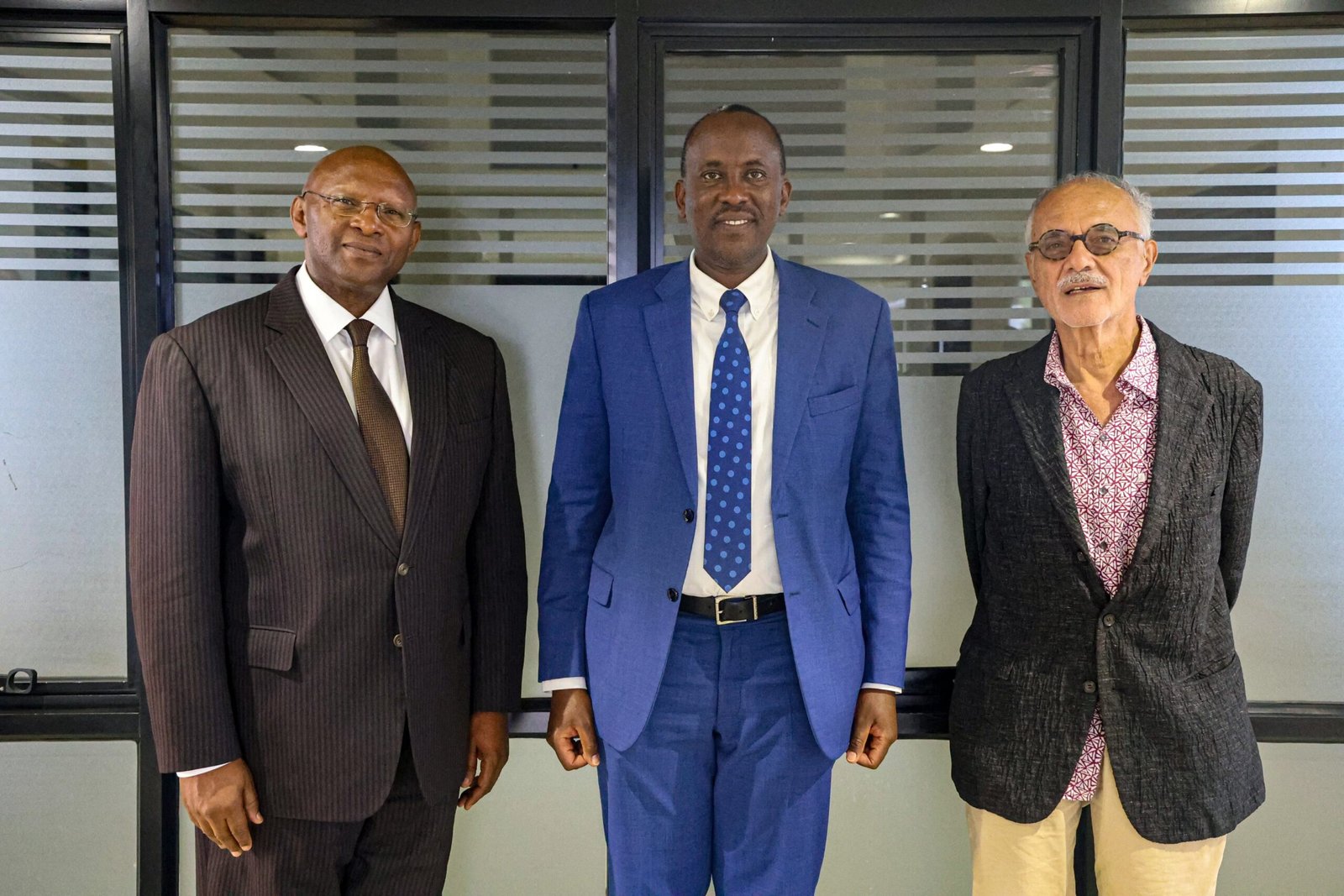
Kampala, Uganda – The Uganda Revenue Authority (URA) recently hosted a high-level delegation from the Centre for Basic Research (CBR), led by renowned scholar Professor Mahmood Mamdani and Dr. Richard Ssewakiryanga, to explore how academic research can support domestic revenue mobilization and sustainably increase Uganda’s tax-to-GDP ratio beyond 20%.
The engagement, described by URA Commissioner John Musinguzi as a “productive exchange,” highlighted the critical role of research in shaping effective tax policies and improving compliance.
Key Discussion Points
- Strengthening Domestic Revenue: Discussions centered on strategies to broaden Uganda’s tax base while ensuring fairness and efficiency.
- Research-Driven Policymaking: The delegation explored how academic insights can help URA design data-backed reforms to enhance revenue collection.
- Sustainable Growth: Raising Uganda’s tax-to-GDP ratio beyond 20% is seen as vital for reducing reliance on debt and foreign aid while funding national development.
Why It Matters
Uganda’s current tax-to-GDP ratio stands at around 14%, below the Sub-Saharan African average of 16-18%. Closing this gap requires innovative approaches, including better taxpayer education, digital compliance tools, and evidence-based policy adjustments—areas where academic research can play a transformative role.
What’s Next?
The URA and CBR are expected to deepen collaboration, potentially leading to joint studies, policy recommendations, and capacity-building initiatives to support Uganda’s fiscal sustainability goals.
Commissioner Musinguzi emphasized, “This partnership underscores our commitment to leveraging expertise across sectors to build a more resilient economy.”
The engagement signals a growing recognition of academia’s role in shaping Uganda’s economic future, ensuring that revenue strategies are both inclusive and impactful.







